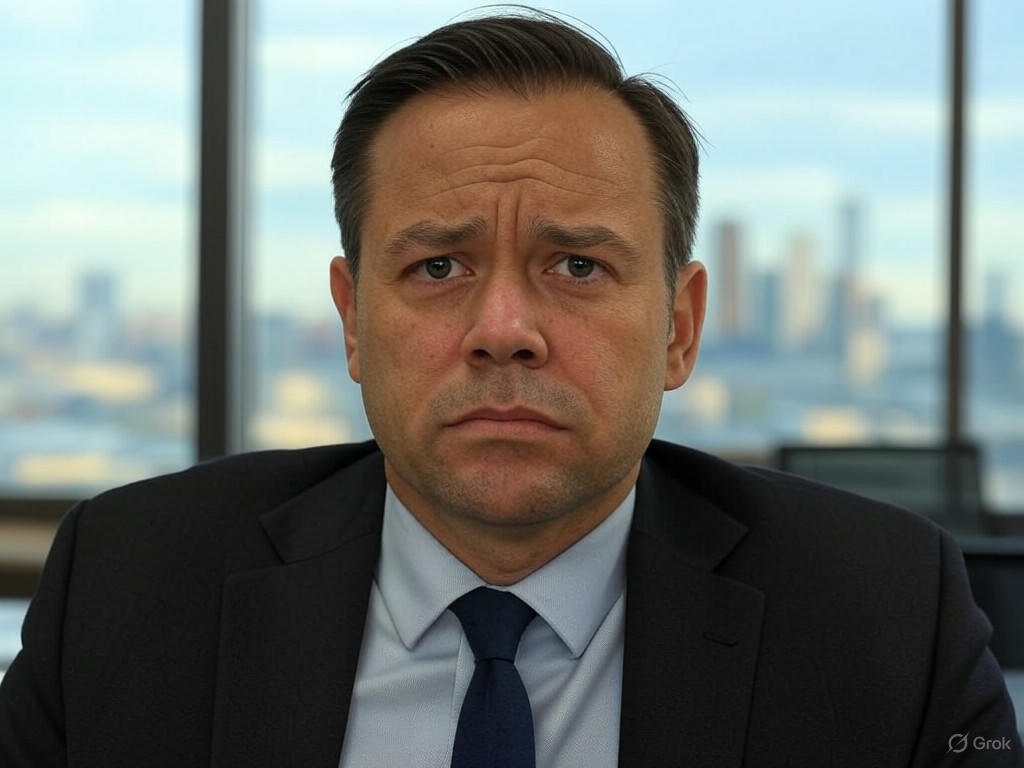In a bold move, the state of Louisiana has launched a legal battle against CVS, one of the largest pharmaceutical chains in the United States. The lawsuit, filed recently, claims that CVS has exploited its towering presence in the market to manipulate customer data and inflate medication prices, while simultaneously sidelining smaller, independent pharmacies. This case shines a spotlight on the growing concerns over corporate overreach in the healthcare sector and raises critical questions about consumer trust and fair competition.
At the heart of Louisiana’s allegations is the accusation that CVS has engaged in deceptive practices through its communication channels. Specifically, the state argues that the company sent misleading text messages to customers, potentially misrepresenting information about prescriptions, pricing, or services. While the exact nature of these communications remains under scrutiny, the broader implication is that CVS may have used its access to sensitive personal data to influence consumer behavior for profit. In an era where data privacy is a hot-button issue, such claims could have far-reaching consequences for how corporations handle customer information in the healthcare industry.
Beyond the issue of customer deception, Louisiana’s lawsuit paints a damning picture of CVS’s business tactics. The state contends that the pharmaceutical giant has deliberately driven up drug costs, placing an undue burden on patients who rely on affordable medications. This pricing strategy, according to the filing, is not merely a business decision but a calculated move to maximize profits at the expense of vulnerable populations. For many residents, especially those in rural or underserved areas of Louisiana, higher drug prices can mean the difference between managing a chronic condition and going without essential care.
Equally troubling is the accusation that CVS has worked to undermine independent pharmacies, which often serve as lifelines for local communities. These smaller businesses, lacking the resources and scale of a corporate titan like CVS, struggle to compete when faced with aggressive market tactics. Louisiana argues that CVS’s actions have created an uneven playing field, stifling competition and limiting consumer choice. If proven true, this could signal a dangerous trend in the pharmaceutical industry, where a handful of powerful players dominate the market, leaving little room for smaller entities to thrive.
As this legal battle unfolds, it could set a precedent for how states address corporate misconduct in healthcare. Louisiana’s decision to confront CVS head-on reflects a growing frustration with the unchecked power of large corporations and their impact on everyday Americans. The outcome of this case may inspire other states to take similar action, potentially reshaping the landscape of the pharmaceutical industry. For now, all eyes are on Louisiana as it seeks to hold CVS accountable, championing the cause of fair pricing, consumer protection, and market equity. Whether this lawsuit will spark meaningful change or simply highlight the challenges of regulating corporate giants remains to be seen, but it undeniably marks a pivotal moment in the fight for a more just healthcare system.
